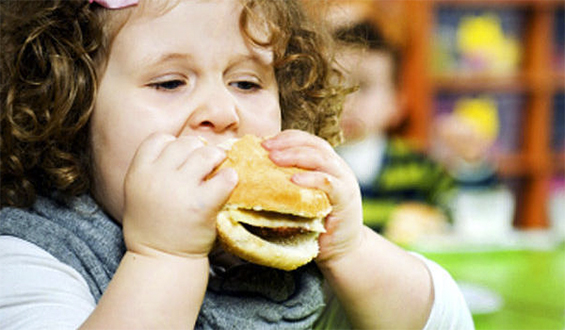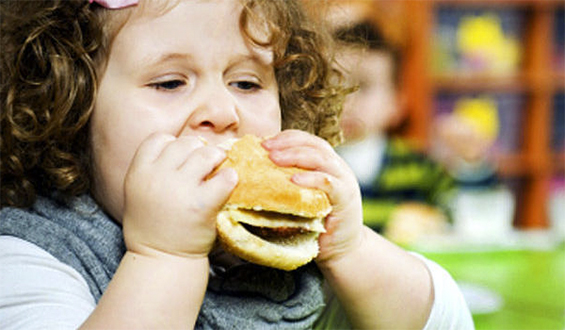
The link between obesity and heart disease in adults has been well-established for decades, but the connection has not been recognized in children. The Parent Herald reports that recent studies show that obese children as young as 8-years-old can have early indications of heart disease, according to WebMD.
The current research by Linyuan Jing, a postdoctoral fellow with Geisinger Health System in Danville, Pa., included information from 40 young people between eight and 16. Twenty of the subjects were obese and 20 were a healthy weight.
Cardiac Magnetic Resonance Imaging (MRI) scans revealed that 27% of the children exhibited more muscle mass in their heart’s left ventricle, which reduces the heart’s ability to pump blood, and 12% overall muscle mass. These kids have a greater chance of developing heart disease.
There were about 12.7 million obese children between the ages of two and nine in the US in 2011 to 2012. The CDC says that children of the same age and gender who have a Body Mass Index (BMI) at or above the 85th percentile and below the 95th percentile are considered to be obese.
Jing said in a statement:
“It is both surprising and alarming to us that even the youngest obese children in our study who were 8 years old had evidence of heart disease.”
The scans showed the obese children would possibly experience a more complicated health profile in their adult life, even potentially culminating in early deaths. Jing hopes these findings are reversible. The American Heart Association reports that symptoms of heart failure in children can include trouble breathing, arrested growth, and excessive sweating.
The two causes of heart failure in young people are “over-circulation” and “pump failure”. Both are preventable when parents intervene. Jing urges parents to educate their children in proper diet and choosing food wisely. Experts say the reduction of sugary treats will lessen the chances of obesity and ultimately heart disease.
In the UK, according to Wakey Wakey News, 15% of English children aged two to 15 are clinically obese and 29% are either obese or overweight.
Dr. Gregg Fonarow, not involved in the study, said the heart muscle mass disclosed by the MRI “suggests a significant increase in risk of heart failure, arrhythmia [irregular heartbeat]and premature cardiovascular death in children with obesity.”
CBS News’ Alan Mozes writes that obesity in the US among 6- to 12-year-olds doubled over the last 30 years and was four times as prevalent among teens. In 2012, a third or more of kids between six and 19 were overweight or obese.
Children in the study already struggled with health complications like asthma, high blood pressure, and depression. Because the study could not include children who were diabetic or were unable to fit in the MRI scanning machine, the study may have been skewed toward underestimating the seriousness of the problem.
Jing said parents were responsible for providing healthy foods to their children. They must also limit time in front of the television, computer, and video games and create opportunities for outdoor play.
“In addition, schools and communities need to do a better job at educating both the parents and children about the health risks of overweight and obesity,” said Jing.
The findings were to be presented at the annual American Heart Association meeting in Orlando, Florida this week.




